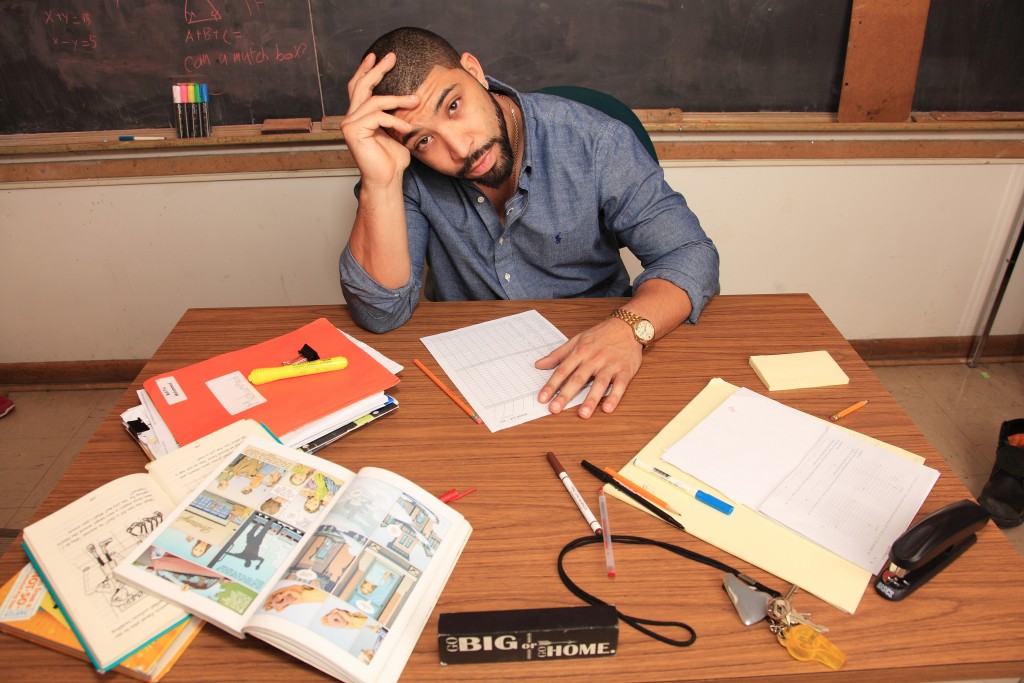Teacher Talk II
An often over-looked and rarely talked about element of teaching is following through on things you promise to students. The classroom space is a battleground. Students are negotiating their limits and testing their boundaries with teachers at all times. Simply put, if you say you are going to do something, follow through! All teachers, but as new teachers especially, you must say what you mean and mean what you say. This sentiment extends to “negative reinforcements” and “positive rewards” equally. As a new teacher in the classroom your words are everything; what you say must go. And how closely your semantics are tied into your actions is key in how students will inevitably respond to you. Moreover, as a new teacher, students will be starving to know if you will actually follow through on the punishment you hastily dish out. If Sahil really does that one more time, will you follow through on what you “threatened”? Will you move his desk? Conversely, if all your students do ace the latest assignment, will you offer up a “homework free weekend” like you promised you would?
When you make “threats” or offer incentives, you have already signed the certificate of authenticity so my advice is: if you want to establish a rich currency in the age old bank account of relationship building, it is in your best interest to deposit your words and cash out when the time is right!
Students are going to listen and take every word you say to heart. That is why you must be so careful in what you say and deeply value the inherent integrity of your words. Not doing so will dilute your classroom leadership, management and impact. Again, our students are impressionable. To them, school represents a microcosm of life and the impact that school has on them is far greater than the impact school has on you. So your ability to say what you mean and mean what you say goes a long way in building relationships with your students.
For any teacher, especially for a new one, it is important to be an educator that can be counted on as being sincere to their word. It is also important for a teacher to be able to have his or her directives heard and understood clearly. It all gets back to teacher authentication (teacher talk b-link): every word that you utter must be wholly genuine. If you are finding trouble with this authentic control of your classroom because “being a teacher” is still unnatural and forced at your stage of comfort and professional development, then please use the words, phrases, questions and commands that are authentic to you (within the scope of professionalism, of course). Do what you believe is right and what you believe will work, not what the teacher in the classroom next door is doing. Ultimately, when you begin to do this, you will inevitably say what you mean, and mean what you say.
[share title=”Share this Post” facebook=”true” twitter=”true” google_plus=”true”]

